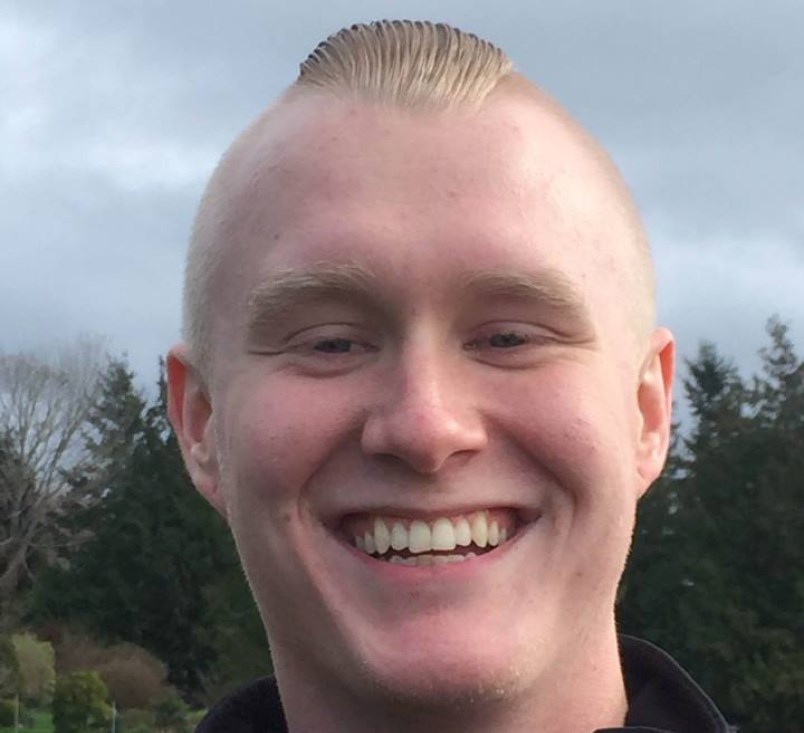Michelle Jansen isn't slowing down now that the coroner's inquest into her son's death has concluded.
Instead, she'll be channelling her energy through the Brandon Jansen Foundation to make sure the jury's 21 recommendations are implemented.
"It's my initiative and my mandate now to hold these people accountable," Jansen told The Tri-City News. "We don't have the luxury of these recommendations sitting on someone's desk… we don't have the luxury of time."
The jury deliberated for a day and a half after eight days of testimony wrapped up at the coroner's inquest. Wednesday evening, they came back with the verdict: Brandon's death of an opioid overdose at the Sunshine Coast Health Centre in March 2016 was accidental.
They also made 21 recommendations to government ministries, health authorities, medical professionals and substance use treatment centres, including that:
• the Ministry of Health develop specific substance use treatment facility regulations, including educational qualifications for facility staff; ensure free opioid maintenance drugs in the community for people leaving correction centres; and, improve adolescent substance abuse treatment facilities;
• the health minister and regional health authorities consult with people who have experience with substance use dependancy in policy and program development;
• health authorities require all treatment centres educate clients about opioid maintenance treatments, the risks of relapse and training in use of naloxone kits provided upon discharge; treatment centres be required to report back to health authorities on client outcomes; and expand treatment programs using pharmaceutical grade heroin and Dilaudid for chronic opioid users;
• the Ministry of Public Safety and Solicitor General develop a standard of practice for inmate release, including a requirement that those on opioid maintenance be assigned to physicians capable of treating them;
• the minister of education review drug education resources and implement a substance abuse and addiction program into the curriculum beginning at elementary school; and schools have naloxone kits with trained personnel on site;
• and all licensed substance use treatment centres review policies regarding cell phone use; all baggage of both clients and visitors is searched upon entry; and greater security measures are considered for monitoring clients and visitors.
Jansen said she was pleased with the comprehensive recommendations, though she would have liked to have seen more stringent and specific requirements for security measures and best practices at treatment facilities, including room checks, ensuring those who are at risk of relapse are not placed in a bedroom alone and that staff ensure clients are taking — not hoarding — prescribed medication.
BC Coroners Service spokesperson Barb McLintock said the service has no power to enforce recommendations but requests that each recipient replies in writing to explain if and how the recommendations will be implemented and if not, why not. Those responses are then posted on the Coroners Service website.



